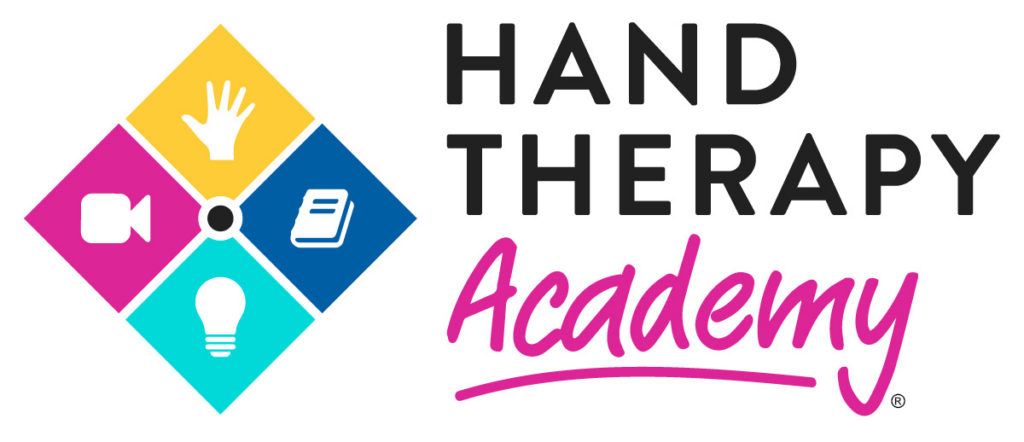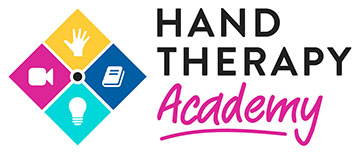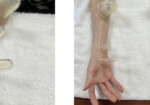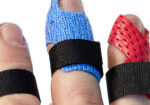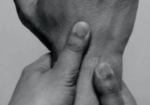Top 10 Specialty Certifications for Occupational Therapists: Advance Your OT Career Today!
Filed under Uncategorized
Occupational therapy (OT) is a dynamic and evolving profession. As healthcare needs become more specialized, specialty certifications for occupational therapists have become a crucial way to demonstrate expertise, increase credibility, and access more rewarding job opportunities. These certifications not only boost your confidence as a professional but also assure patients and employers of your advanced skills.
Whether you’re looking to focus on pediatrics, geriatrics, mental health, or assistive technology, there’s a certification for you. Let’s dive into the top specialty certifications that can elevate your OT career to the next level.
Why Specialty Certifications Matter in Occupational Therapy
Benefits of Getting Certified
Earning a specialty certification can:
- Increase your salary potential by up to 30%
- Provide a competitive edge in the job market
- Allow you to work in niche areas of practice
- Enhance your knowledge and clinical skills
- Build your reputation as a subject matter expert
These credentials go beyond your basic OT license—they reflect years of dedication and focused training in specific practice areas.
How Certifications Impact Patient Outcomes
Specialized knowledge translates directly to patient care. For example, a Certified Hand Therapist (CHT) is trained to use cutting-edge rehab techniques that reduce recovery time after hand injuries. Similarly, a Board-Certified Mental Health OT can apply evidence-based strategies to help patients manage emotional regulation, trauma, or anxiety.
Board Certification in Pediatrics (BCP)
The Board Certification in Pediatrics (BCP) is awarded by the American Occupational Therapy Association (AOTA). It’s designed for therapists who have advanced expertise in pediatric care, including sensory processing, developmental delays, and autism spectrum disorders.
Who Should Pursue BCP?
- Therapists working in schools, early intervention, or pediatric clinics
- OTs who specialize in play-based and family-centered interventions
- Professionals with at least 5,000 hours of pediatric experience over 5 years
Board Certification in Gerontology (BCG)
This credential focuses on the unique needs of aging adults. With an aging population, gerontology-certified therapists are in high demand in nursing homes, assisted living centers, and home care settings.
Eligibility:
- 5 years of OT experience
- 5,000 hours in geriatric practice
- Portfolio submission through AOTA
The BCG helps OTs manage age-related conditions like Alzheimer’s, arthritis, and fall prevention strategies.
Certified Hand Therapist (CHT)
Perhaps the most recognized OT specialization, the Certified Hand Therapist certification is offered through the Hand Therapy Certification Commission (HTCC).
Requirements:
- Minimum of 3 years of clinical experience
- 4,000 hours in hand therapy practice
- Passing a rigorous exam
Exam Requirements and Prep
The exam covers anatomy, surgical procedures, and rehabilitation protocols. Study groups and prep courses are widely available to help candidates succeed.
Certified Low Vision Therapist (CLVT)
Offered by the Academy for Certification of Vision Rehabilitation & Education Professionals (ACVREP), this certification is ideal for therapists working with clients who have visual impairments.
Focus Areas:
- Adaptive techniques
- Environmental modifications
- Assistive visual devices
This credential enhances your ability to empower clients facing macular degeneration, glaucoma, or other vision loss issues.
Assistive Technology Professional (ATP)
The ATP certification is granted by the Rehabilitation Engineering and Assistive Technology Society of North America (RESNA).
Certification Process
To qualify, applicants must have at least 1,000 hours of assistive technology experience. The exam assesses knowledge in technology selection, implementation, and troubleshooting.
This is a great choice for OTs who enjoy working with adaptive devices, computer access solutions, and communication technologies.
Seating and Mobility Specialist (SMS)
Often earned alongside the ATP, this certification zeroes in on wheelchairs and powered mobility systems.
Ideal for:
- OTs in rehab hospitals or spinal cord injury units
- Therapists designing custom mobility solutions
Board Certification in Mental Health (BCMH)
As mental health becomes more integrated into all practice areas, the BCMH credential offers OTs advanced skills in psychiatric assessment, mindfulness, and trauma-informed care.
Eligibility:
- 3–5 years in mental health OT
- Extensive portfolio demonstrating competence
Certified Brain Injury Specialist (CBIS)
For OTs working with traumatic brain injury (TBI), the CBIS demonstrates excellence in neuro-rehabilitation.
Topics include:
- Cognitive re-training
- Community reintegration
- Sensory-motor recovery
Lymphedema Certification (CLT)
Therapists who treat lymphatic disorders, especially post-mastectomy or after cancer treatment, benefit from this certification. You’ll learn techniques like manual lymph drainage and compression therapy.
Offered by:
Several reputable providers like the Norton School and Klose Training.
How to Choose the Right Certification for Your Career Goals
Choosing the right certification depends on your:
- Clinical interests
- Desired work setting
- Long-term career goals
Cost and Time Commitment
Most certifications range from $300–$1,000, not including study materials or CEUs. Preparation can take anywhere from a few months to a year.
Use online forums, mentors, and workshops to help guide your decision-making process.
FAQs About Specialty Certifications for Occupational Therapists
1. Are specialty certifications mandatory for OT practice?
No, but they significantly enhance your credibility and opportunities.
2. Which certification offers the highest salary potential?
The Certified Hand Therapist (CHT) typically offers some of the highest salary boosts due to its complexity.
3. How long does it take to get certified?
It varies—most take between 6–12 months of preparation plus years of experience in the specialty area.
4. Can I hold more than one certification?
Absolutely! Many OTs hold multiple certifications to broaden their scope and flexibility.
5. Do certifications need to be renewed?
Yes, most require renewal every 3–5 years through CEUs and documentation of continued practice.
6. Where can I find study resources?
Check AOTA, RESNA, HTCC, and provider-specific websites. Online prep courses and study groups are also helpful.
Conclusion: Investing in Your OT Future
Specialty certifications for occupational therapists are more than just a title—they’re a symbol of your dedication, expertise, and passion for the field. Whether you’re just starting or looking to level up your career, choosing the right certification can open doors, increase your income, and allow you to make an even greater impact on the lives of those you serve.
More To Read
Therapeutic Interventions and Contraindications of Cupping
By Kaylen Kallander Cupping therapy is used to apply negative pressure to a localized area of muscular or neurological pain to relieve nerve pressure and increase blood flow to an affected area. This modality is commonly used for athletes, but is also a frequent treatment in physical therapy, occupational therapy, or hand therapy. While cupping…
Top 5 Hand Therapy Toys for Kids
Many therapists in hand therapy clinics have a lot of tools for their adult patients, but may not have as many tools for the less common pediatric patient. With nearly 20 years experience in pediatrics, we’ve compiled a list of our top 5 picks for tools to use with pediatric patients in hand therapy. We…
5+ Common Mallet Finger Splints
Finger orthoses can be tough, and the mallet orthosis is no exception in hand therapy. The protocol for 15 degrees of DIP extension with mallet fingers is tricky to manage while making a common mallet finger splint. Small splints on little fingers are also tricky to get sized just right and with strapping in the…
Test for Distal Radial Ulnar Joint of the Wrist
Ballottment Test for Wrist DRUJ Reliability and Validity Analysis of the Distal Radioulnar Joint Ballottement Test Nagashima, M., Omokawa, S., Hasegawa, H., Nakanishi, Y., Kawamura, K., & Tanaka, Y. (2024). Reliability and validity analysis of the distal radioulnar joint ballottement test. The Journal of Hand Surgery, 49(1), 15–22. https://doi.org/10.1016/j.jhsa.2023.10.006 The Skinny: Distal radioulnar joint (DRUJ)…
Sign-up to Get Updates Straight to Your Inbox!
Sign up with us and we will send you regular blog posts on everything hand therapy, notices every time we upload new videos and tutorials, along with handout, protocols, and other useful information.
